Cuba’s Tourism Ban for U.S. Travelers Explained: What It Really Means for Your Travel in 2025
This article provides the latest information about legal travel to Cuba for U.S. travelers as of July 2025. However, U.S.-Cuba policies are evolving, and new announcements continue to create questions. We will update this blog as needed and share further information in our Travel Updates & Regulations section, where you can always find the latest news and resources.
There’s been a lot of confusion this week after President Trump released a new Cuba policy update — officially called NSPM-5. Social media and some news outlets have made it sound like traveling to Cuba is suddenly off-limits again for U.S. citizens.
Let’s set the record straight:
You can still legally travel to Cuba as a U.S. traveler. Nothing significant has changed about that.
The Truth About the U.S. Tourism Ban to Cuba — It’s Not New
First, it’s important to understand the terminology. When people say there’s a “tourism ban” to Cuba, they aren’t talking about a total ban on travel — they’re referring to a long-standing U.S. policy that prohibits pure tourism for U.S. travelers.
In fact, the tourism ban has been in place for over 60 years, dating back to the early 1960s. It’s not new. It applies no matter who is in the White House — Republican, Democrat, or otherwise.
But that does not mean U.S. travelers cannot visit Cuba. It simply means you can’t go for a typical beach vacation with no legal reason.
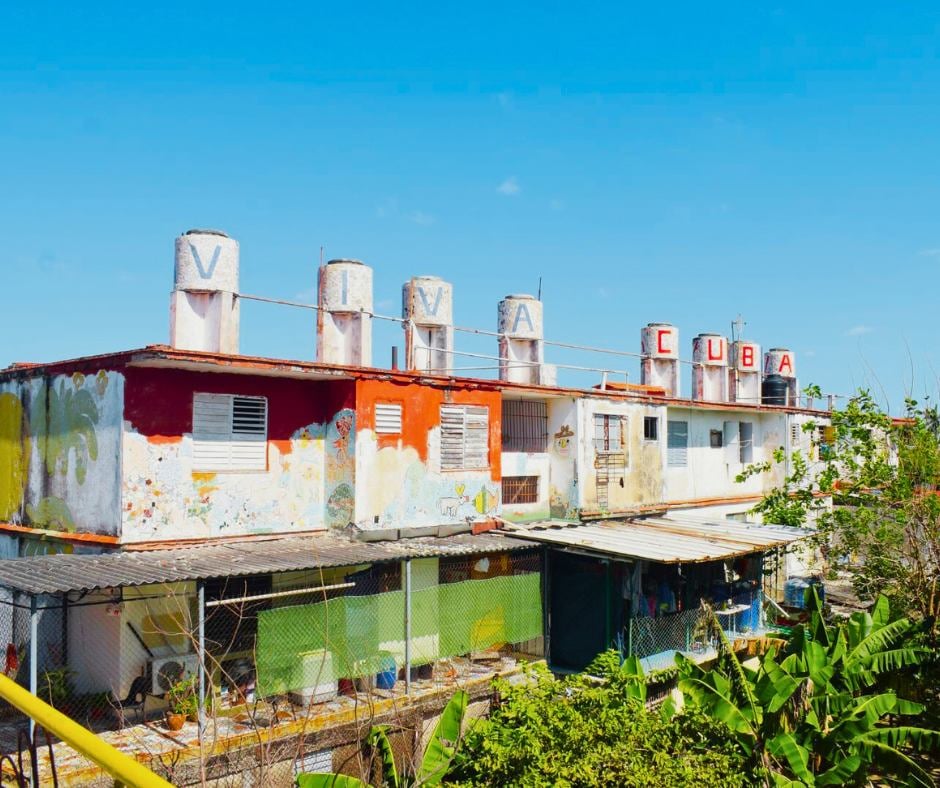
How Legal Travel to Cuba Works for U.S. Travelers
Instead of unrestricted tourism, U.S. travelers visit Cuba under what’s called authorized travel categories, regulated by the U.S. Treasury Department’s Office of Foreign Assets Control (OFAC). These categories ensure your trip has a legal purpose that aligns with U.S. regulations.
There are 12 authorized travel categories, including:
✔️ Educational activities
✔️ Support for the Cuban people
✔️ Professional research and meetings
✔️ Humanitarian projects
✔️ Religious activities
At Havana Music Tours, we specifically operate under the Support for the Cuban People category — one of the most viable and durable options for U.S. travelers. This category encourages meaningful exchanges with Cuban entrepreneurs, musicians, artists, and other members of Cuba’s growing private sector.
While Group People-to-People Educational Activities was another popular category for cultural tours like ours, it has historically been more vulnerable to political changes. In fact, during his previous term, President Trump eliminated that category, and President Biden later restored it. With Trump’s recent announcement indicating plans to revoke Biden’s Cuba policies, Group People-to-People travel could be restricted again in the near future.
That’s why we focus on Support for the Cuban People, which remains a legal, stable way to experience Cuba, even as administrations change.
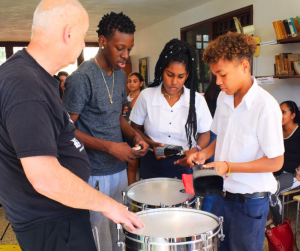
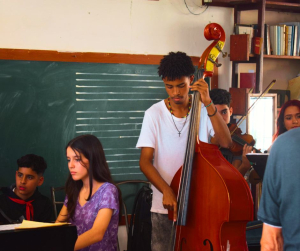
What Did Trump’s New Cuba Policy Actually Change?
On June 30, 2025, the Trump administration released NSPM-5, outlining updated U.S. policy toward Cuba. Understandably, this sparked concern and confusion, especially for U.S. travelers.
So what does it really mean?
- The long-standing tourism ban remains, but that’s been in place for decades.
- The 12 authorized travel categories, including Support for the Cuban People, are still in place, for now.
- But Trump has clearly stated his intention to reverse President Biden’s Cuba travel policies, which could affect certain categories.
This latest policy primarily focuses on tightening sanctions against the Cuban government and military-linked businesses, similar to previous Trump-era measures. It does not eliminate the existing legal pathways for U.S. travelers to visit Cuba under OFAC licenses.
Avoid the Confusion — Travel the Right Way
Unfortunately, misinformation often spreads quickly, especially online. We’ve seen social media posts and commentaries incorrectly claiming:
🚫 “Americans can’t travel to Cuba anymore” — False.
🚫 “The tourism ban means no more Cuba trips” — Misleading.
🚫 “You can just go under the radar” — Risky and illegal.
Here’s the reality: If you attempt to visit Cuba outside of the authorized categories, you could face serious consequences, including frozen bank accounts, steep OFAC fines, and complications with your U.S. legal status if you’re not yet a citizen.
The safest, simplest option? Travel with a reputable organization like Havana Music Tours that ensures your trip is compliant, educational, and fully documented.
How We Ensure Legal, Meaningful Travel to Cuba
Our tours are designed to comply with U.S. regulations while providing unforgettable, authentic cultural experiences. We focus on:
- Educational exchanges with Cuban musicians and artists
- Supporting private Cuban entrepreneurs and cultural projects
- Staying in privately-owned accommodations, not government hotels
- Creating real connections that support Cuban civil society
We handle the logistics, documentation, and compliance details — so you can enjoy the music, culture, and beauty of Cuba with peace of mind.

Final Thoughts: Yes, You Can Still Travel to Cuba as a U.S. Citizen
Despite the headlines, Cuba remains open to U.S. travelers — just not for unrestricted tourism. The rules have been in place for decades, and they continue to allow legal, educational, and cultural travel under OFAC guidelines.
At Havana Music Tours, we’ve been guiding travelers through this process for years, ensuring every trip is both legal and impactful.
If you’re curious about how it works or want to join an upcoming music tour, contact us here. We’re happy to answer your questions and help you experience Cuba — the right way.
Disclaimer: This blog is for informational purposes only and does not constitute legal advice. Travelers are encouraged to consult official U.S. government resources or an attorney regarding Cuba travel regulations.


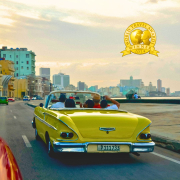




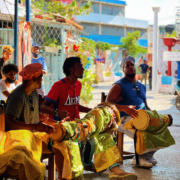




Leave a Reply
Want to join the discussion?Feel free to contribute!